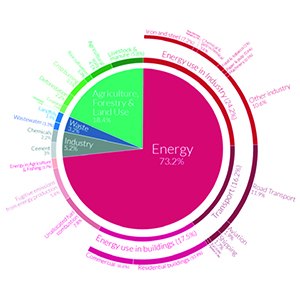Città intelligenti e neutralità climatica: verso la transizione energetica
DOI:
https://doi.org/10.4081/scienze.2022.825Abstract
The contribution discusses the goal of achieving global climate neutrality, focusing on the activities of cities, energy production, and consumption. Europe is committed to supporting a hundred selected cities in reaching climate neutrality by 2030 through the Mission Climate Neutral and Smart Cities. This commitment combines climate neutrality with the concept of smart cities, promoting innovation and setting an example for other cities to achieve climate neutrality by 2050. For the hundred cities, Europe envisions the use of financial tools, regulatory interventions, and a Climate City Contract, along with funds from the national recovery and resilience plans, which are expected to be suitably coordinated. Due to the continued high consumption of fossil fuels, and of their inevitable use in the coming – hopefully few - decades, efforts must be made to improve the efficiency of existing power plants and utilize less polluting fossil fuel sources. The use of renewable sources, particularly solar, wind, and hydroelectric power, becomes increasingly imperative. Gradual electrification of sectors emerges as a key strategy for the energy transition, considering the natural integration of these sources into the power grid. The use of hydrogen as an energy carrier and storage source, as well as ongoing research in nuclear energy, are additional essential elements contributing to the implementation of a diversified energy strategy deemed necessary. The widespread adoption of information and communication technologies (ICT) and smart sector integration are also fundamental components of the energy transition. Renewable energy communities of prosumers, promoted by the European directives RED II and IEM of the Clean Energy Package, could potentially generate 20% of the energy consumed in cities by 2030, further emphasizing the importance of the electrical system and smart grids in this context.
Downloads


